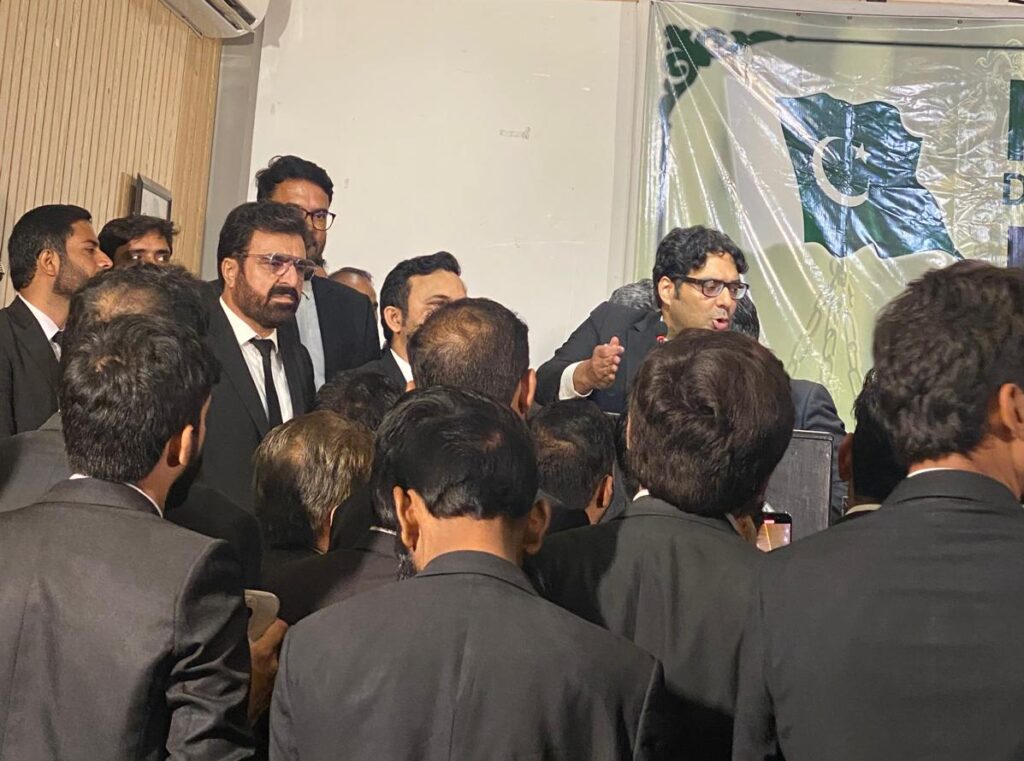Senior members of the legal fraternity have raised alarm over recent constitutional reforms that vest a newly‑established Federal Constitutional Court of Pakistan with authority over the Supreme Court of Pakistan, warning that the move strikes at the heart of the doctrine of separation of powers. Legal analysts note that this structural shift places what should be a peer judicial institution (the Supreme Court) beneath a new body whose remit and independence remain poorly defined, raising concerns about checks and balances and the potential for executive overreach.
Bar associations across the country—including the Pakistan Bar Council, Karachi Bar Association, and Lahore High Court Bar Association—have launched unified protests, terming the changes as “systematic interference in judicial functions.” They warned that the profession would “resist until the last drop of blood” if reforms continue to erode judicial authority. Demonstrations were observed in Karachi, Lahore, and Islamabad, with lawyers demanding revocation of unconstitutional amendments, full transparency in the establishment of the Federal Constitutional Court, and reaffirmation of the Supreme Court’s primacy.
The move has also prompted discussion among constitutional experts about its potential conflict with the Objectives Resolution and the vision of Muhammad Ali Jinnah, which emphasized independent institutions, the rule of law, and justice as the cornerstone of Pakistan. Critics argue that placing the Supreme Court under the oversight of a newly formed court may undermine these foundational principles and weaken public trust in the judiciary.

